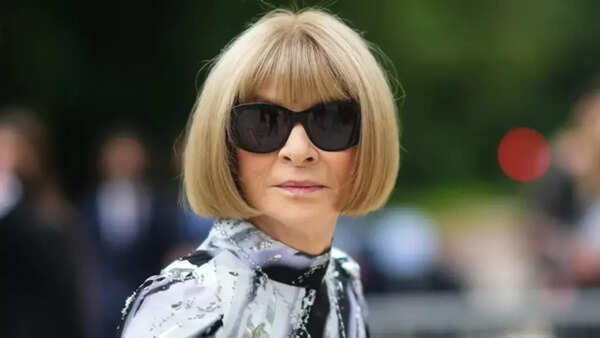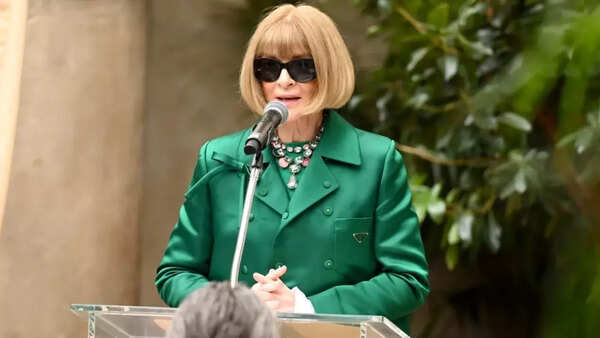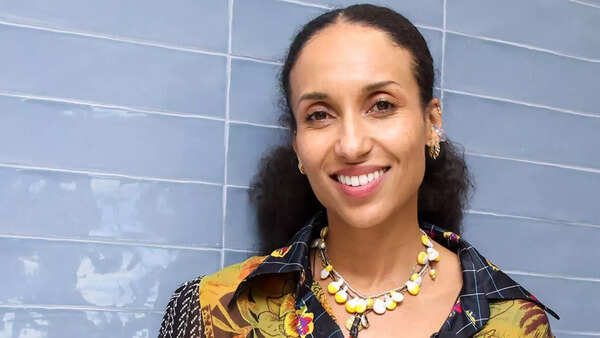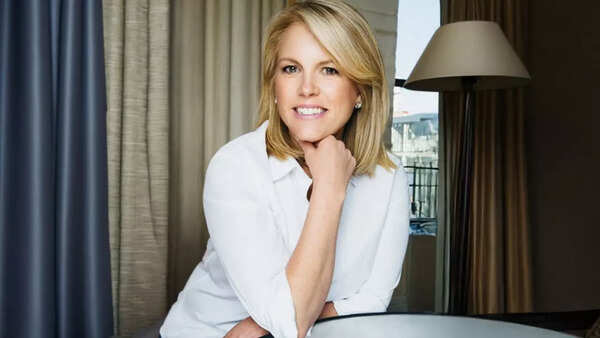After an unprecedented reign of nearly four decades, Anna Wintour is stepping back from her daily responsibilities as Editor-in-Chief of American Vogue. In a meeting held on June 26th, the 75-year-old icon announced her transition, handing over the operational leadership to a newly established Head of Editorial Content.
While relinquishing her role as Vogue US Editor-in-Chief, Wintour will retain her influential positions as Condé Nast’s Global Chief Content Officer and Global Editorial Director of Vogue. This transition signals a significant shift in the fashion and media landscape, igniting speculation about who will fill the coveted role and guide Vogue into the future.

The ideal successor must possess a unique combination of cultural influence, business acumen, and digital proficiency. As the industry anticipates this generational change, the question remains: Who will inherit one of fashion's most prestigious positions?
Selecting the new Head of Editorial Content is a complex decision. What qualities are essential for someone to be considered worthy of filling Wintour's shoes? What capabilities must the next leader demonstrate to prove they are the right fit for Vogue?

Here are some key requirements for the candidate:

Given the prestige of the position, numerous industry leaders are likely vying for the role. Who are the leading candidates to become the next real-life fashion authority?

While Condé Nast has not officially announced a successor, several individuals are generating considerable buzz:

Internal candidates such as Taylor Antrim (Deputy Editor) and Chloe Malle (Head of Vogue US Web) are also rumored to be in consideration, as they possess an intimate understanding of the brand and represent a smart, continuity-focused choice.
Newer articles
Older articles
 Gavaskar Calls for Kuldeep Yadav's Inclusion in Second Test Amid Bumrah Fitness Concerns, Cites Edgbaston Spin Advantage
Gavaskar Calls for Kuldeep Yadav's Inclusion in Second Test Amid Bumrah Fitness Concerns, Cites Edgbaston Spin Advantage
 Indian Astronaut Shukla Arrives at ISS, Ushering in New Era for Space Program
OR
India Celebrates as Shukla Reaches ISS, Advancing Ambitious Space Goals
Indian Astronaut Shukla Arrives at ISS, Ushering in New Era for Space Program
OR
India Celebrates as Shukla Reaches ISS, Advancing Ambitious Space Goals
 Rishabh Pant Revolutionizing Cricket, Says Greg Chappell
Rishabh Pant Revolutionizing Cricket, Says Greg Chappell
 Toxic Workplace Warning Signs: Spot the Red Flags Early
Toxic Workplace Warning Signs: Spot the Red Flags Early
 Global Immunization Crisis: Millions of Children at Risk as Vaccine Coverage Lags, Study Reveals
Global Immunization Crisis: Millions of Children at Risk as Vaccine Coverage Lags, Study Reveals
 Moto G54 Price Slashed in India: Check Out the Discounted Rates and Specs
Moto G54 Price Slashed in India: Check Out the Discounted Rates and Specs
 Indian Cricket Star Mukesh Kumar and Wife Divya Singh Announce the Arrival of Baby Boy
Indian Cricket Star Mukesh Kumar and Wife Divya Singh Announce the Arrival of Baby Boy
 IRCTC Launches AI Chatbot 'AskDisha 2.0' to Revolutionize Train Ticket Booking and Customer Service
IRCTC Launches AI Chatbot 'AskDisha 2.0' to Revolutionize Train Ticket Booking and Customer Service
 Cummins Lauds Australia's Dominant Start to WTC Campaign After West Indies Series Win
Cummins Lauds Australia's Dominant Start to WTC Campaign After West Indies Series Win
 Smith Targets Test Return After Innovative Baseball Cage Rehab in New York
Smith Targets Test Return After Innovative Baseball Cage Rehab in New York